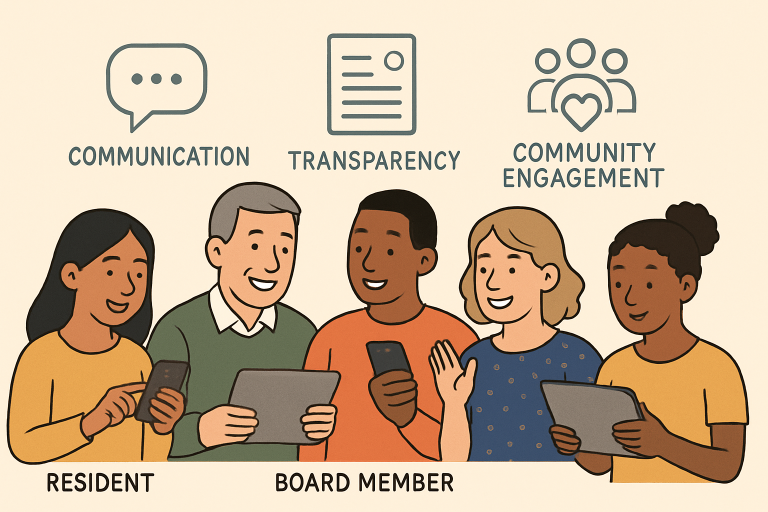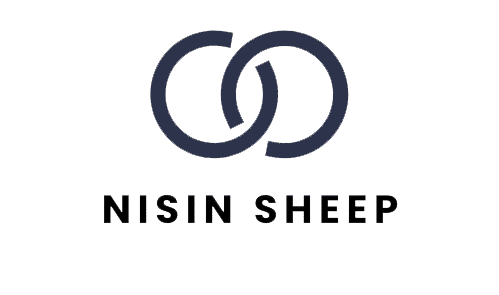Table of Contents
- Introduction
- Enhanced Communication
- Efficient Financial Management
- Streamlined Operations
- Improved Amenity Management
- Increased Property Values
- Legal Compliance
- Sustainability Initiatives
- Community Engagement
- Wrap Up
Community association management has transformed dramatically in recent years. Through digital innovation, evolving regulations, and enhanced services, today’s associations provide an improved experience for both residents and governing boards. Innovations like streamlined processes, responsible stewardship, and better access to information have significantly impacted. For those seeking to maximize their community’s potential, engaging with experienced professionals such as HOA Management Oakdale can create a thriving, engaged neighborhood.
Modern community management emphasizes transparency, connection, and convenience through digital tools. This enhances resource access for residents and supports informed decision-making for board members, fostering trust, satisfaction, and operational efficiency while ensuring legal compliance and sustainability for both boards and residents.
Enhanced Communication
Effective communication is integral to community harmony. Contemporary management companies leverage advanced platforms—such as mobile apps, member portals, and digital newsletters—to keep everyone informed in real time. These systems deliver essential updates and create proactive channels for residents to ask questions, raise concerns, or get involved. Effective communication technology dramatically boosts resident engagement and trust, which is essential for community satisfaction.

Efficient Financial Management
Finances are often a pain point in associations. Financial tracking, budgeting, collections, and reporting become more transparent and accurate with the proper management software. These platforms provide dashboards accessible to the board and allow for easy review by auditors or residents. This transparency strengthens trust and supports better financial health, helping to avoid disputes over dues, expenses, or reserves. Financial media often highlight best practices in this area, underlining the value of robust controls and digital recordkeeping.
Streamlined Operations
Community associations handle a range of administrative tasks. Modern management tools automate maintenance schedules, service requests, and vendor management. The more efficiently these tasks are managed, the fewer disruptions residents experience and the more capacity boards have for strategic planning. Automation cuts down on costly errors and creates a more responsive environment, ensuring daily operations run smoothly.
Improved Amenity Management
Common spaces such as swimming pools, gyms, and clubhouses add value, but managing them can be complicated. Digital reservation systems make it easy for residents to book, pay for, and access amenities. Management solutions track usage data to ensure equitable access and maintenance needs, allowing boards to adapt services to resident preferences. This transparency promotes fairness and provides reliable documentation of community assets.
Increased Property Values
Communities with strong management generally enjoy higher property values and marketability. Professional upkeep—from landscaping to timely repairs—enhances curb appeal and creates a welcoming atmosphere. Adherence to architectural standards and effective rule enforcement help maintain consistency. Realtor.com says well-run associations consistently outperform unmanaged neighborhoods in resale value and resident satisfaction.
Legal Compliance
The regulatory environment for community associations is complex and ever-changing. Modern management companies actively monitor legislative updates and ensure boards follow the latest guidelines. This attention to compliance covers areas like safety, city permits, fair housing standards, and financial disclosures. It helps protect associations from costly legal challenges and supports responsible governance.
Sustainability Initiatives
Green initiatives are at the top of many homeowners’ minds. Today’s association management commonly adopts environmentally friendly practices such as energy-efficient construction, low-water landscaping, and recycling programs. By reducing utility costs and lowering the community’s carbon footprint, these measures yield long-term savings while doing good for the planet. Associations that embrace these programs often become more attractive to eco-conscious buyers.
Community Engagement
An engaged community is a thriving community. Management companies organize regular events, surveys, and volunteer opportunities to unite neighbors. They provide digital tools where residents can propose ideas or express concerns, creating a collaborative environment. This active engagement builds trust, creates friendships, and helps resolve issues before they become conflicts.
Wrap Up
Modern community association management creates vibrant, financially stable neighborhoods that appeal to both current and future residents. By embracing innovations in communication, financial transparency, sustainability, and resident engagement, associations can ensure smoother operations and stronger community bonds. For boards looking to maximize their community’s potential, partnering with experienced management professionals provides the expertise and tools needed to thrive today and remain resilient tomorrow.

